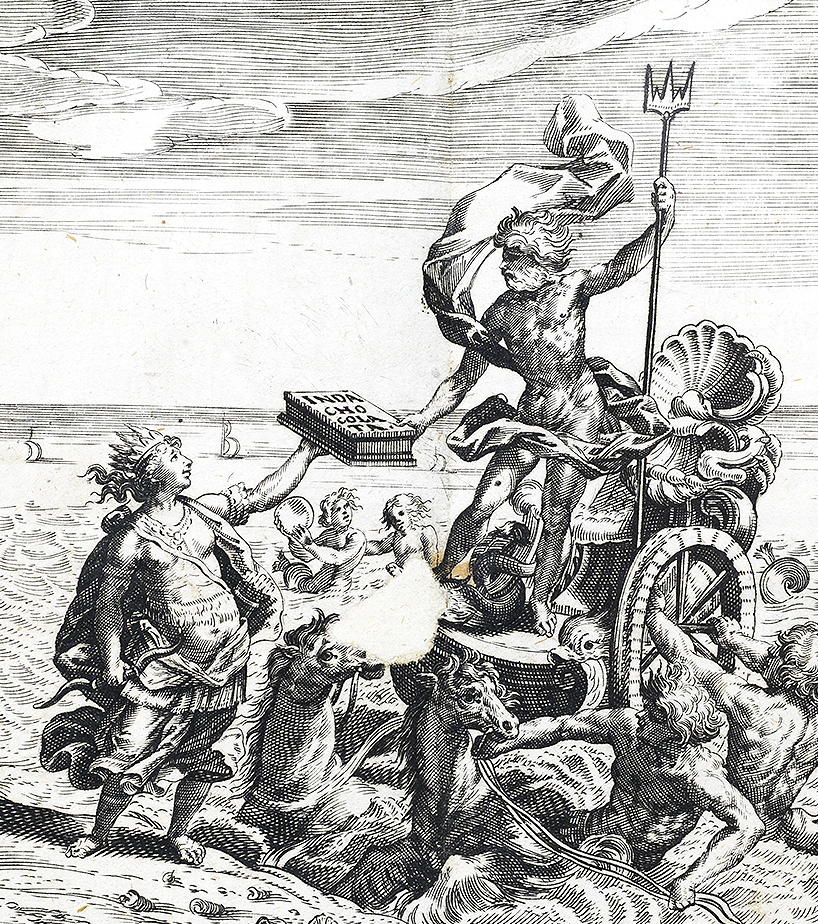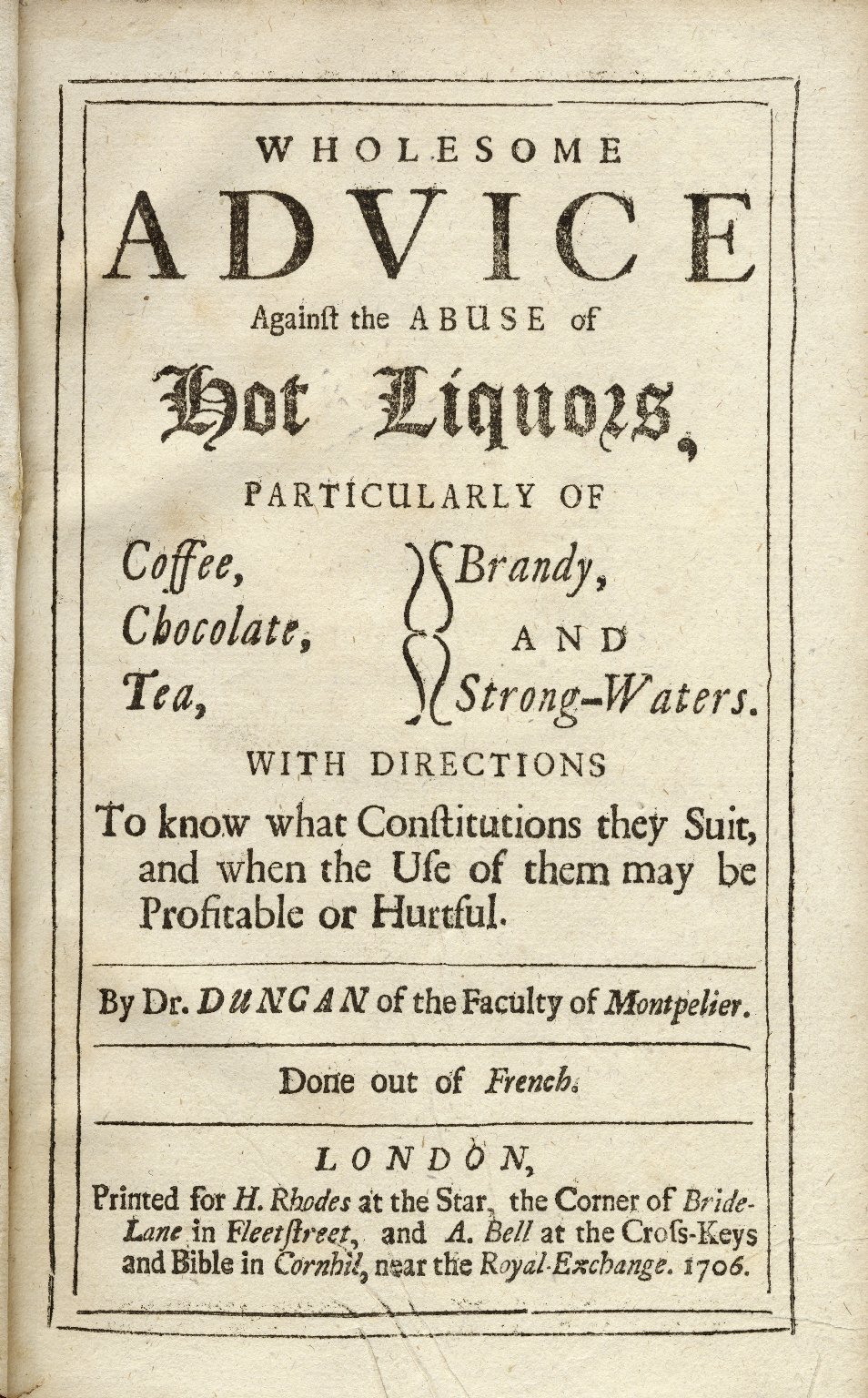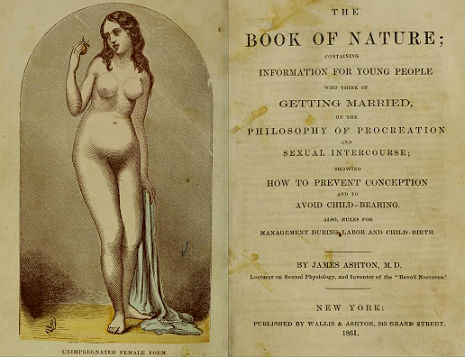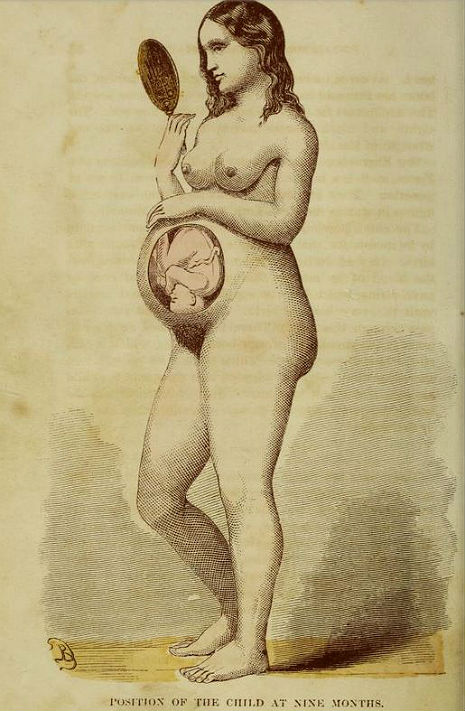The same guy has this one: People Sign Petition to add Soylent Green to School Menus for Michelle Obama's Lunch Program:
Amazon Deals
New at Amazon
Saturday, February 21, 2015
Friday, February 20, 2015
I never had much use for Aquaman, but in this photo he's pretty badass
I've always thought Aquaman sucked as a superhero. After all, in order to get away from him, all you have to do is leave the water. But check out this article about the scientific aspects of the problems he has to deal with: penetrating cold, osmotic pressure, the bends, the limited diet, and the constant, unceasing screams of dying marine life.
Aquaman can see the scars left by every trawl, can feel the life being sucked out of the ocean, knows the name of every fish, dolphin, and crab whose life has been taken by our nets and lines. His life is the constant, horrible drone of unspeakable, unstoppable death.
Related: The physics of the Hulk’s jump.
via @ZackSnyder
Friday links
From 1799, a list of risk factors for spontaneous combustion, plus more recent science.
Stories from the history of science: the discovery of the stratosphere.
Death-Defying 40-ft Vertical Plunges: The High-Diving Horsewomen of Atlantic City.
What happened to vitamins F, G, H, I, and J?
ICYMI, Thursday's links are here, and include the anniversary of Iwo Jima, a two-story outhouse, the physics of sunsets, and the introduction of chocolate to Europe from the Americas.
Thursday, February 19, 2015
Thursday links
The assault on Iwo Jima started 70 years ago today: quotes, history, and a documentary.
The Physics of Sunsets.
Winners of the Outdoor Photographer of the Year 2014.
In the 17th century, Europeans considered chocolate to be medicine. (bonus: other curiosities from the history of medicine)
Here's a two-story outhouse in Illinois.
Useful information, especially for those of you in New England: How to Rebuild and Repair Vintage Snowshoes.
ICYMI, Tuesday's links are here, and include (without limitation) why we yell Geronimo when jumping from planes, a gallery of Italian castles for sale, ludicrous James Bond suppervillain schemes, and an 1861 Victorian sex manual.
In the 17th century, Europeans considered chocolate to be medicine. (bonus: other curiosities from the history of medicine)
Here's a two-story outhouse in Illinois.
Useful information, especially for those of you in New England: How to Rebuild and Repair Vintage Snowshoes.
ICYMI, Tuesday's links are here, and include (without limitation) why we yell Geronimo when jumping from planes, a gallery of Italian castles for sale, ludicrous James Bond suppervillain schemes, and an 1861 Victorian sex manual.
Wednesday, February 18, 2015
Whoa - really? Vanilla Ice arrested in Florida burglary rap
Vanilla Ice will be cooling his heels in a Florida jail after cops busted him on burglary charges, police confirmed.
The has-been rapper, who reinvented himself as a TV construction boss, allegedly took furniture, a pool heater, bicycles and other items from a foreclosed house in an unincorporated part of Palm Beach County, Lantana police Chief Sean Scheller told the Daily News.
The 47-year-old entertainer surrendered to cops and led detectives on a tour of his properties Wednesday so they can look for any other stolen items, police said.
"He's got a different recollection of where the property was stored," the chief said.
The TV star is expected to be booked into the Palm Beach County jail on felony charges of burglary and grand theft later Wednesday after he's through speaking with detectives, police said.
This may be the best opening paragraph ever
From The Atlantic, an article entitled The Dark Power of Fraternities - I haven't read the whole article, but this is a world class opening paragraph:
One warm spring night in 2011, a young man named Travis Hughes stood on the back deck of the Alpha Tau Omega fraternity house at Marshall University, in West Virginia, and was struck by what seemed to him—under the influence of powerful inebriants, not least among them the clear ether of youth itself—to be an excellent idea: he would shove a bottle rocket up his ass and blast it into the sweet night air. And perhaps it was an excellent idea. What was not an excellent idea, however, was to misjudge the relative tightness of a 20-year-old sphincter and the propulsive reliability of a 20-cent bottle rocket. What followed ignition was not the bright report of a successful blastoff, but the muffled thud of fire in the hole.
Decades-old sperm from prize-winning dogs is being used to breed a new generation of dog show hopefuls
Yoshi, an Old English Sheep Dog owned by Jere Marder, was cheerful and friendly and so fluffy that when he was groomed, you couldn't see his eyes. Under his registered name, Lambluv Desert Dancer, Yoshi won 64 Best in Show awards—more than any other dog in the breed's history— and took Best of Breed at the Westminster Dog Show three times, most recently in 1999. That was a long time ago, especially in dog years, and Yoshi died in 2006. But Marder still breeds him. "I have about 100 straws!" she says—referring to Yoshi's frozen semen samples that she will use to breed additional children.
Marder owns Lambluv Old English Sheepdogs, which is based in Indiana and sells show-quality puppies for prices starting at $2,500. Most of her dogs are bred the old-fashioned way; for others, Marder relies on animals long since passed. Last year, second place in Westminster's Best in Breed category went to a sheepdog who came from one of Lambluv's dog's 17-year-old sperm.
Tuesday, February 17, 2015
Crimson Tide II: a submarine with an all-female crew who are PMSing together and have nukes
My favorite Mad TV skit ever:
And this, from The Onion: Lilith Fair Performers, Attendees Achieve Largest-Ever Synchronized Ovulation:
SALT LAKE CITY, UT–In what is believed to be the largest group ovulation in history, more than 20,000 Lilith Fair performers and attendees simultaneously released ova into their uteruses Tuesday.
 |
| Singers Sarah McLachlan (left) and Paula Cole celebrate the history-making egg-release. |
The collective egg-release, which took place at 11:24 p.m. MST, capped off a five-hour concert featuring such nurturing, supportive female artists as Paula Cole, Shawn Colvin, Natalie Merchant, and Lilith Fair founder Sarah McLachlan.
"This mass ovulation is a celebration of our fertility. It's a celebration of our sisterhood," said McLachlan, her uterine wall lined with nutrient-rich blood. "By releasing these eggs, we recognize and honor our collective femininity."
Singer Joan Osborne, who joined McLachlan in a duet of the McLachlan hit "Sweet Surrender" following the historic ovulation, called the experience "the most affirming of my life."
"The energy radiated by everyone on stage and in the crowd was exhilarating. As a woman, I felt totally empowered," said Osborne, whose 1997 song "One Of Us" spent six weeks at the top of the charts. "My fallopian tubes are glowing."
According to McLachlan, the synchronized ovulation, sponsored by Volkswagen, Starbucks and Bioré Pore Cleansing Strips, was successful because of the "incredibly supportive atmosphere" of the concert.
"Everyone at the show was surrounded by other women who understand what they go through on a daily basis in this society," McLachlan said. "Knowing you have that kind of strong support system around you makes it that much easier to ovulate."
 |
| Lilith Fair concertgoers cheer ovaried singer Shawn Colvin. |
Among the other artists who participated in the historic egg-release: Suzanne Vega, Amy Ray and Emily Saliers of the Indigo Girls, Sheryl Crow, Meredith Brooks, Erykah Badu and Jewel.
"To me, this is what Lilith Fair all about," Saliers said. "To be able to get up on that stage and imbed an ovum in your uterus in front of 20,000 screaming, fertile fans who are doing the same thing, well, that's just the ultimate."
"I've never been around so many people who share my interest in women's issues and social justice," Jewel said. "It makes me want to ride my horse bareback through a forest stream."
Fans were equally excited.
"Without a doubt, that was the best concert I've ever been to," said Rebecca Roth of Ogden, UT, wearing her $27 "I Ovulated At Lilith Fair" souvenir T-shirt. "The Indigo Girls and Sheryl Crow and Natalie Merchant were all so amazing. And Sarah [McLachlan] looked beautiful. I have to get that skirt she was wearing."
"I am going to be so sad when I menstruate my egg," fellow concertgoer Angela Hiller of Provo, UT, said. "I totally wish I could keep it inside me forever as a reminder of this special day."
In the 17th century, Europeans considered chocolate to be medicine. (Bonus: other curiosities from the history of medicine)
via Public Domain Review, an interesting article on the early history of chocolate:
Previous related posts:
 |
| Poseidon taking chocolate from Mexico to Europe, a detail from the frontispiece to Chocolata Inda by Antonio Colmenero de Ledesma, 1644 |
In the seventeenth century, Europeans who had not traveled overseas tasted coffee, hot chocolate, and tea for the very first time. For this brand new clientele, the brews of foreign beans and leaves carried within them the wonder and danger of far-away lands. They were classified at first not as food, but as drugs — pleasant-tasting, with recommended dosages prescribed by pharmacists and physicians, and dangerous when self-administered. As they warmed to the use and abuse of hot beverages, Europeans frequently experienced moral and physical confusion brought on by frothy pungency, unpredictable effects, and even (rumor had it) fatality.
Madame de Sévigné, marquise and diarist of court life, famously cautioned her daughter about chocolate in a letter when its effects still inspired awe tinged with fear: “And what do we make of chocolate? Are you not afraid that it will burn your blood? Could it be that these miraculous effects mask some kind of inferno [in the body]?”
 |
| Title page from Dr Daniel Duncan’s Wholesome advice against the abuse of hot liquors, published in London in 1706 |
Read about humoralism, and much more about chocolate as medicine, in Public Domain Review.These mischievously potent drugs were met with widespread curiosity and concern. In response, a written tradition of treatises was born over the course of the seventeenth and eighteenth centuries. Physicians and tradesmen who claimed knowledge of fields from pharmacology to etiquette proclaimed the many health benefits of hot drinks or issued impassioned warnings about their abuse. The resulting textual tradition documents how the tonics were depicted during the first century of their hotly debated place among Europe’s delicacies.Chocolate was the first of the three to enter the pharmaceutical annals in Europe via a medical essay published in Madrid in 1631: Curioso Tratado de la naturaleza y calidad del chocolate by Antonio Colmenero de Ledesma. Colmenero’s short treatise dates from the era when Spain was the main importer of chocolate. Spain had occupied the Aztec territories since the time of Cortés in the 1540s — the first Spanish-language description of chocolate dates from the 1552 — whereas the British and French were only beginning to establish a colonial presence in the Caribbean and South America during the 1620s and 30s. Having acquired a degree in medicine and served a Jesuit mission in the colonies, Colmenero was as close as one could come to a European expert on the pharmaceutical qualities of the cacao bean. Classified as medical literature in libraries today, Colmenero’s work introduced chocolate to Europe as a drug by appealing to the science of the humors, or essential bodily fluids.
Previous related posts:
How to Prevent Pregnancy, c. 1260 (the weasel/scorpion method), plus other dubious medical advice.
Advice from 1380: How to Tell if Someone Is or Is Not Dead, with bonus Monty Python.
The c. 1275 miraculous transplantation of a leg.
Advice from c. 530: How To Use Bacon, including for medicinal purposes such as "thick bacon, placed for a long time on all wounds, be they external or internal or caused by a blow, both cleanses any putrefaction and aids healing".
Advice from 1489: To stay young, suck blood from a youth.
How to Stop Bleeding, 1664:
“To Stench a Bleeding Wound: Lay hogs Dung, hot from the Hog, to the Bleeding Wound.”~Samuel Strangehopes, A Book of Knowledge in Three Parts (166[4])
Dubious medical device du jour - the prostate warmer.
Anoint the gums with the brains of a hare: advice from c. 1450 on soothing a teething baby.
Anoint the gums with the brains of a hare: advice from c. 1450 on soothing a teething baby.
Advice from 1380: How to Tell if Someone Is or Is Not Dead, with bonus Monty Python.
Urine-drinking Hindu cult believes a warm cup before sunrise straight from virgin cow cures cancer, baldness.
Tuesday links
Geronimo died on this day in 1909 - history, quotes, and why we yell his name when we jump out of planes.
Due to the economic downturn, rapid increases in property tax, and onerous regulations, there are a lot of Italian castles for sale - here's a gallery.
The Most Ludicrous James Bond Supervillain Schemes Of All Time.
How the Military Waged a Graphic-Design War on Venereal Disease.
NatGeo has a gallery of extreme close-ups of mites.
ICYMI, Friday's links are here, and are all Valentine-related: science, history, music, food, and lots of cards (geeky, vintage, and offensive).
In New Jersey, 72 year old retired teacher faces 10 years in jail over 300 year old flintlock pistol
Where is there any justice in locking up a 72-year-old man for up to 10 years for having an antique flintlock pistol? I’m sure in the Garden State authorities can find frivolous reasons, but there really isn’t any justification for such a prosecutorial overreach.
NRA News’ Ginny Simone ventured into New Jersey to speak with Gordon VanGilder, public enemy No. 1 in Cumberland County. VanGilder is a retired teacher whose career spanned 34 years. He’s an admirer of 18th century artifacts and historical memorabilia and bought the pistol to go with his collection. The pistol featured in Simone’s report is approaching its 300-year anniversary.
More at TownHall.
Check out this 1861 Victorian sex manual
It has a rather impressive title: The Book of Nature; Containing Information for Young People Who Think of Getting Married, on the Philosophy of Procreation and Sexual Intercourse; Showing How to Prevent Conception and to Avoid Child-Bearing. Also, Rules for Management During Labour and Child-birth. A few excerpts:
The proper time for sexual indulgence is an important consideration, inasmuch as carelessness in this respect may tend to dyspepsia, indigestion, and other affections of the stomach. Persons who are predisposed to such diseases should never have sexual intercourse just before eating, nor very soon after a full meal. Its peculiar effect on the stomach is calculated to weaken digestion, particularly on the part of the male; and many a miserable dyspeptic might trace his unhappiness to imprudent acts of sexual intercourse. From two to three hours after or before eating a full meal, is the proper time for this business.Another excerpt:
When a man is performing this act, if his thoughts wander, the product will be feeble, and if his wife become pregnant the offspring will be inferior. This fact is applied to the offspring of great geniuses, who are supposed to be thinking of something else when they beget their children, and hence their descendants are often much below them in intellect. In further confirmation of this theory, history informs us that some of the greatest men the world ever saw were bastards—children begotten with vigor, and when the minds of the parents are supposed to have been absorbed in the one idea of a loving sexual embrace.And this:
Amorous females generally breed female children, while those of a colder temperament breed boys. When both are moderate in their desires, children of both sexes are produced. When the female is unnaturally amorous, (and such cases frequently occur,) she seldom becomes impregnated at all. The following mode of influencing the sex of the child, some physiologists assert, is really effective, and it looks reasonable.Plus the usual warning about the evils of masturbation:
It was not our intention in this work to speak of Onanism and Masturbation. These unnatural practices are so generally known to be destructive to the sexual powers, and of health, that young people scarcely need advice on the subject. But it may be interesting to know the results of such practices, and of the abuse of the sexual organs by over indulgence. Some constitutions experience a sort of consumption which arises from the dorsal portion of the spinal marrow. No fever accompanies it, the appetite continues good, but the patient gradually wastes away. Women thus affected describe a crawling sensation down the spine. Men lose their seminal fluid in their urine, having a ringing in the ears, a weakness of vision, near- sightedness, and their intellectual capacities are weakened and confused. In short, the whole nervous system is generally prostrated. Excess of venery is likewise the first exciting cause of many painful diseases, such as rheumatism, neuralgia, epilepsy, convulsions, &c.A link to the book is here, and this page has links to the full text in various formats. Via Paris Review.
Subscribe to:
Comments (Atom)





